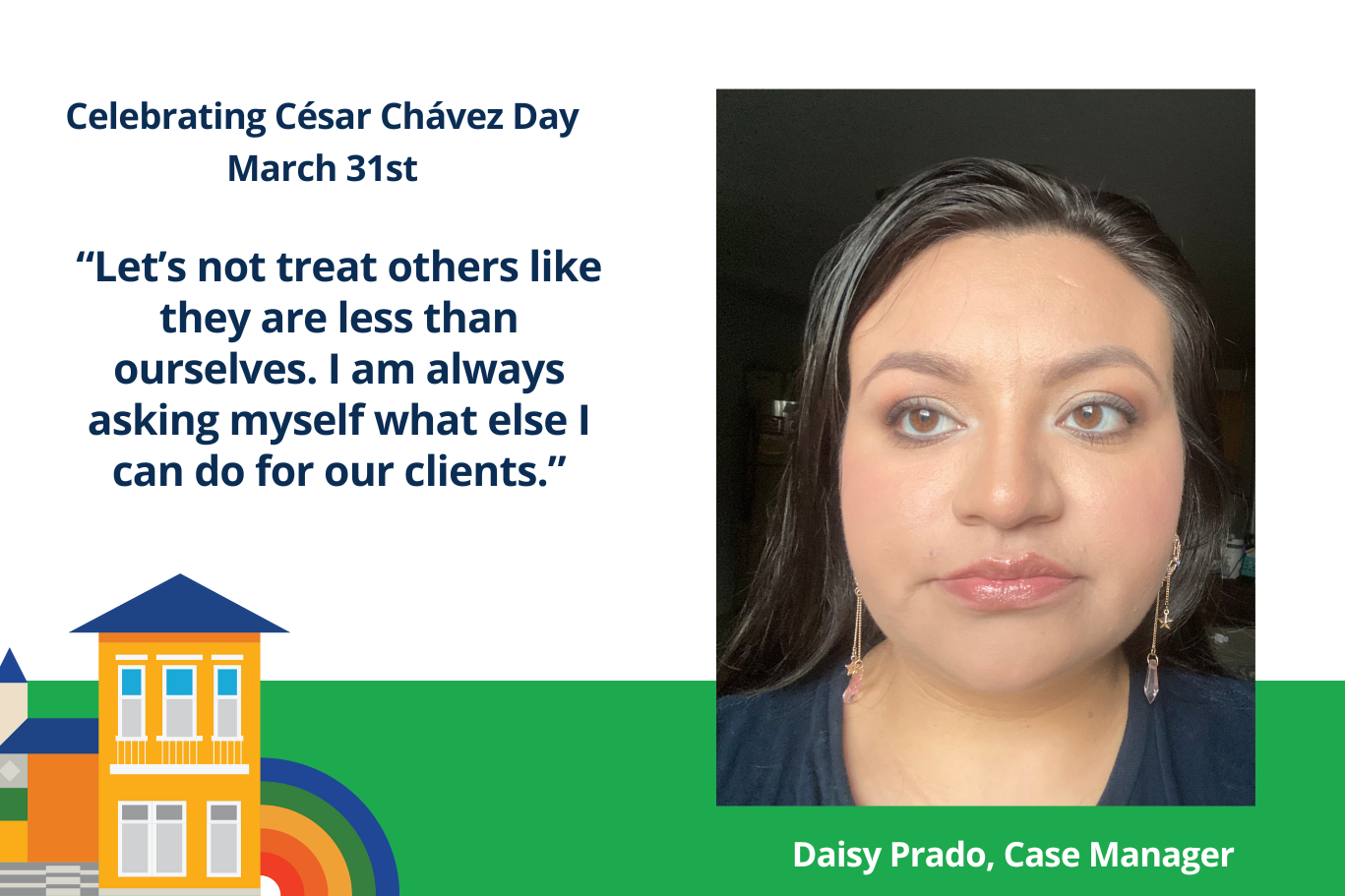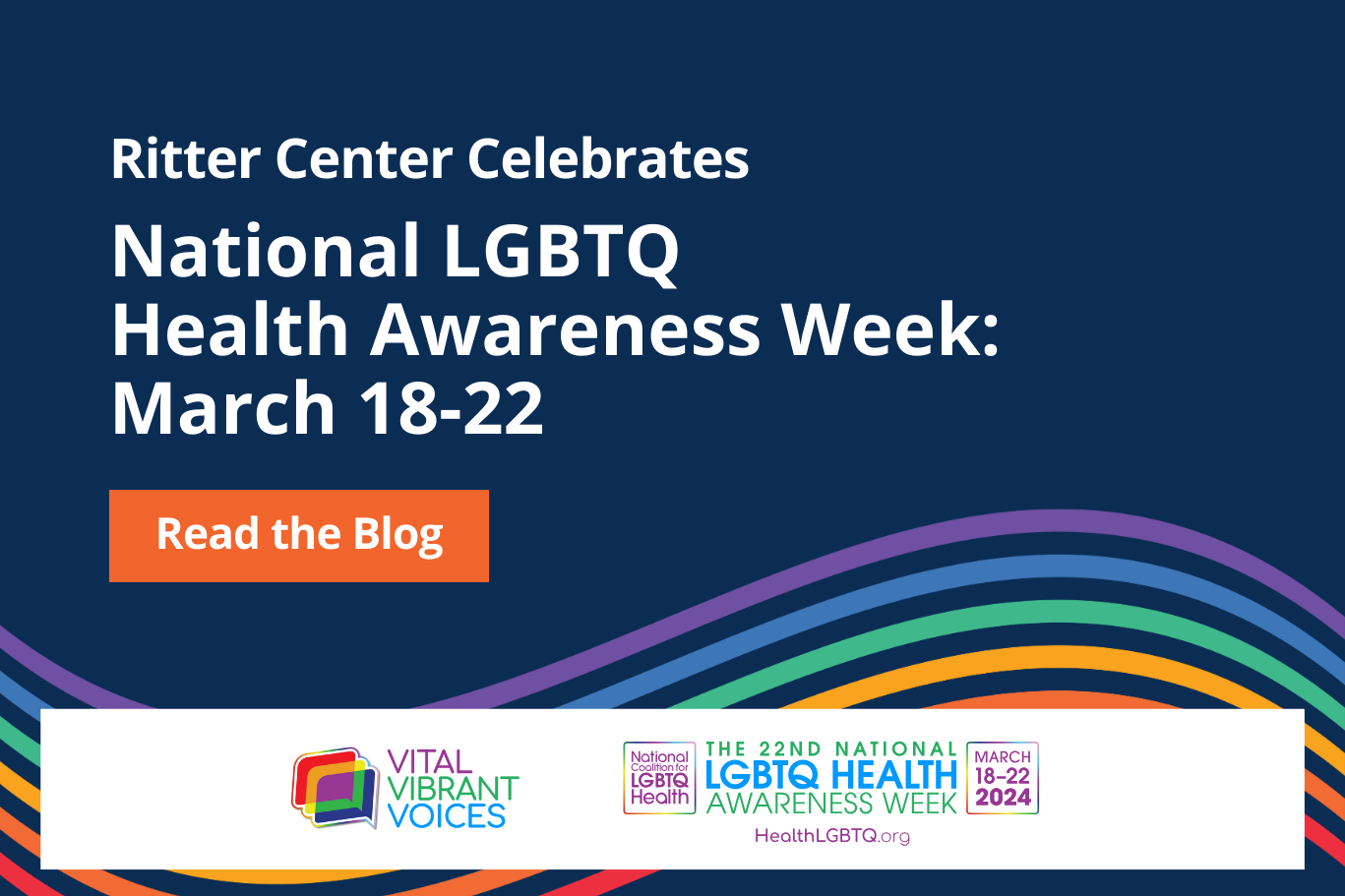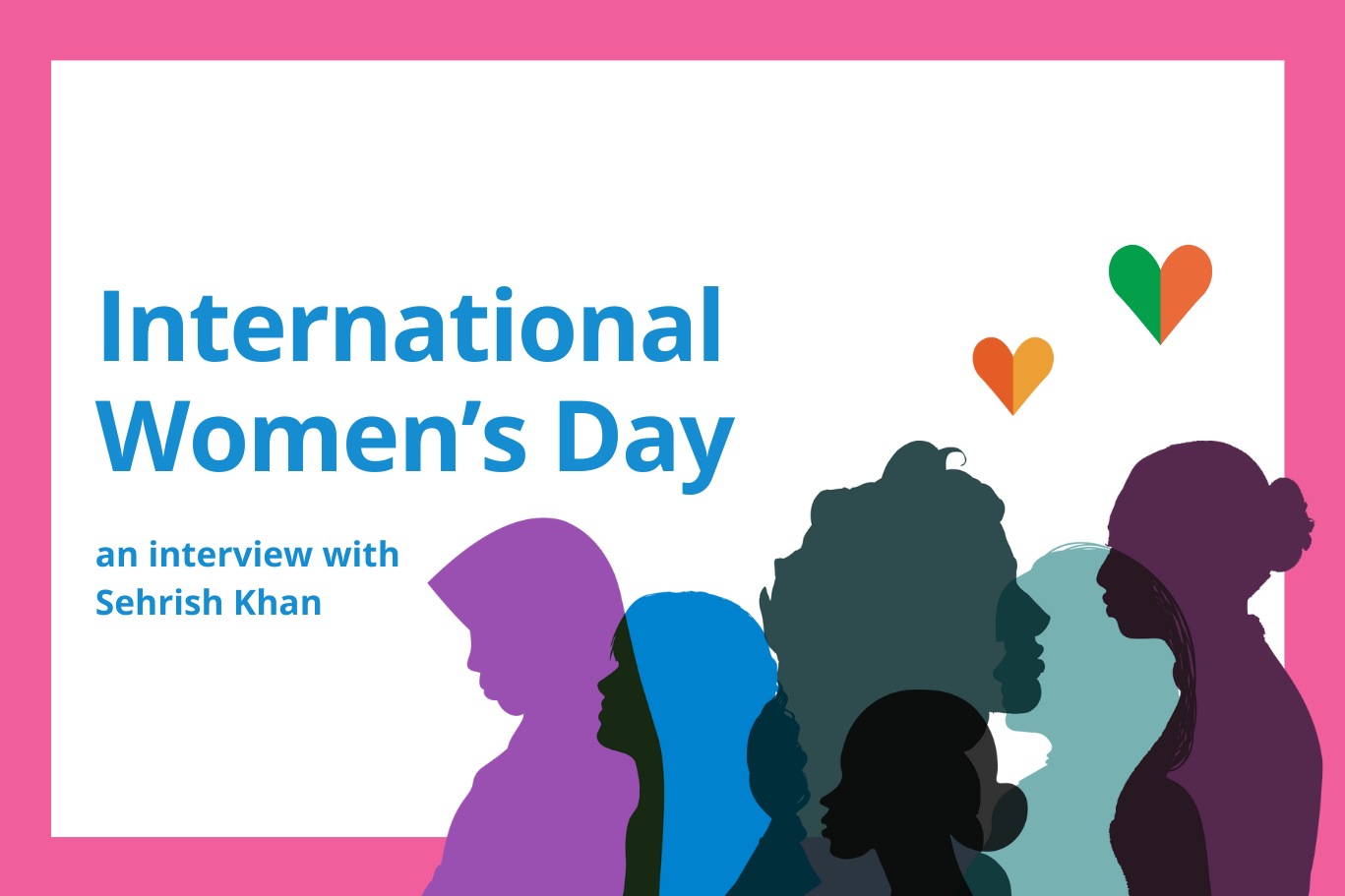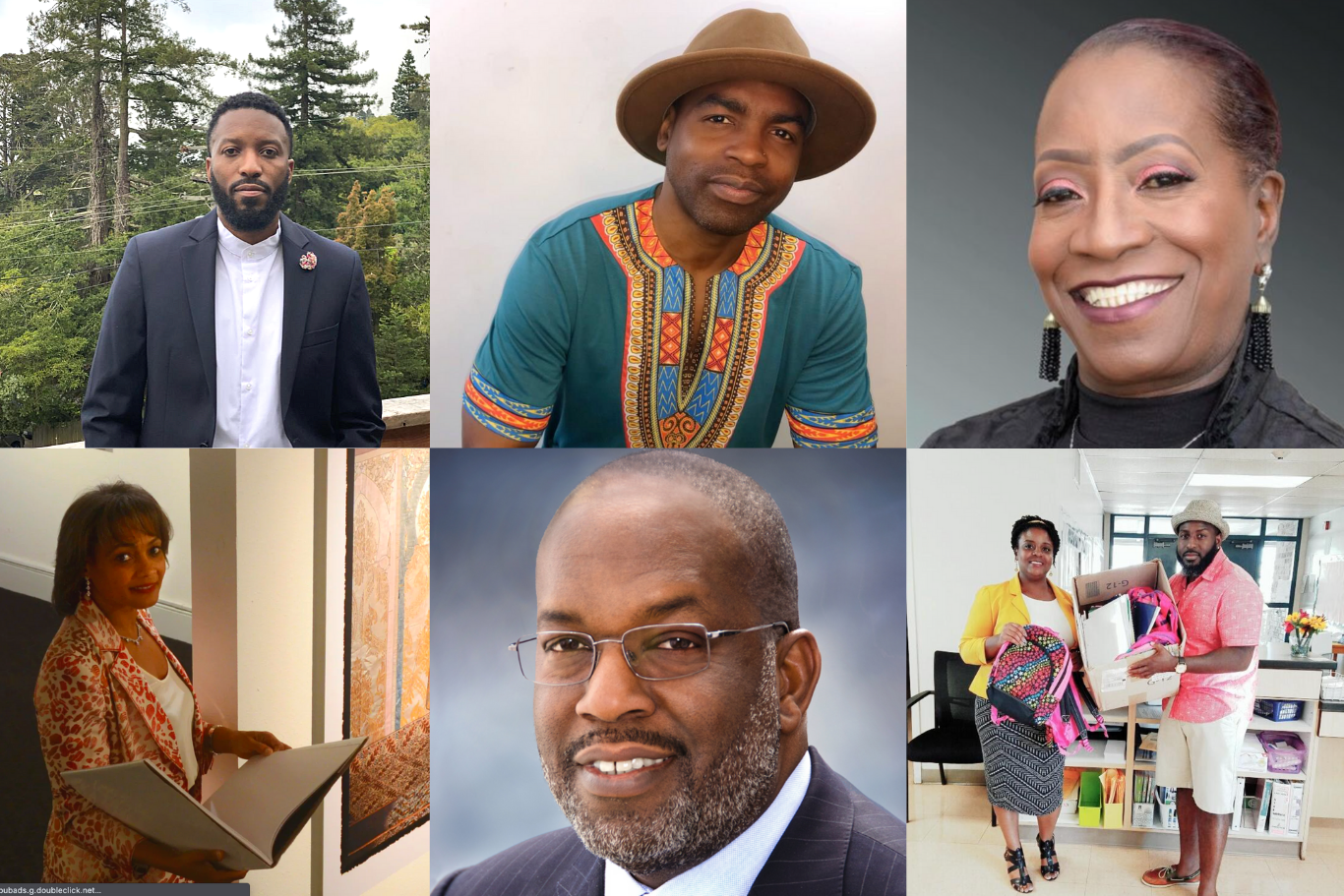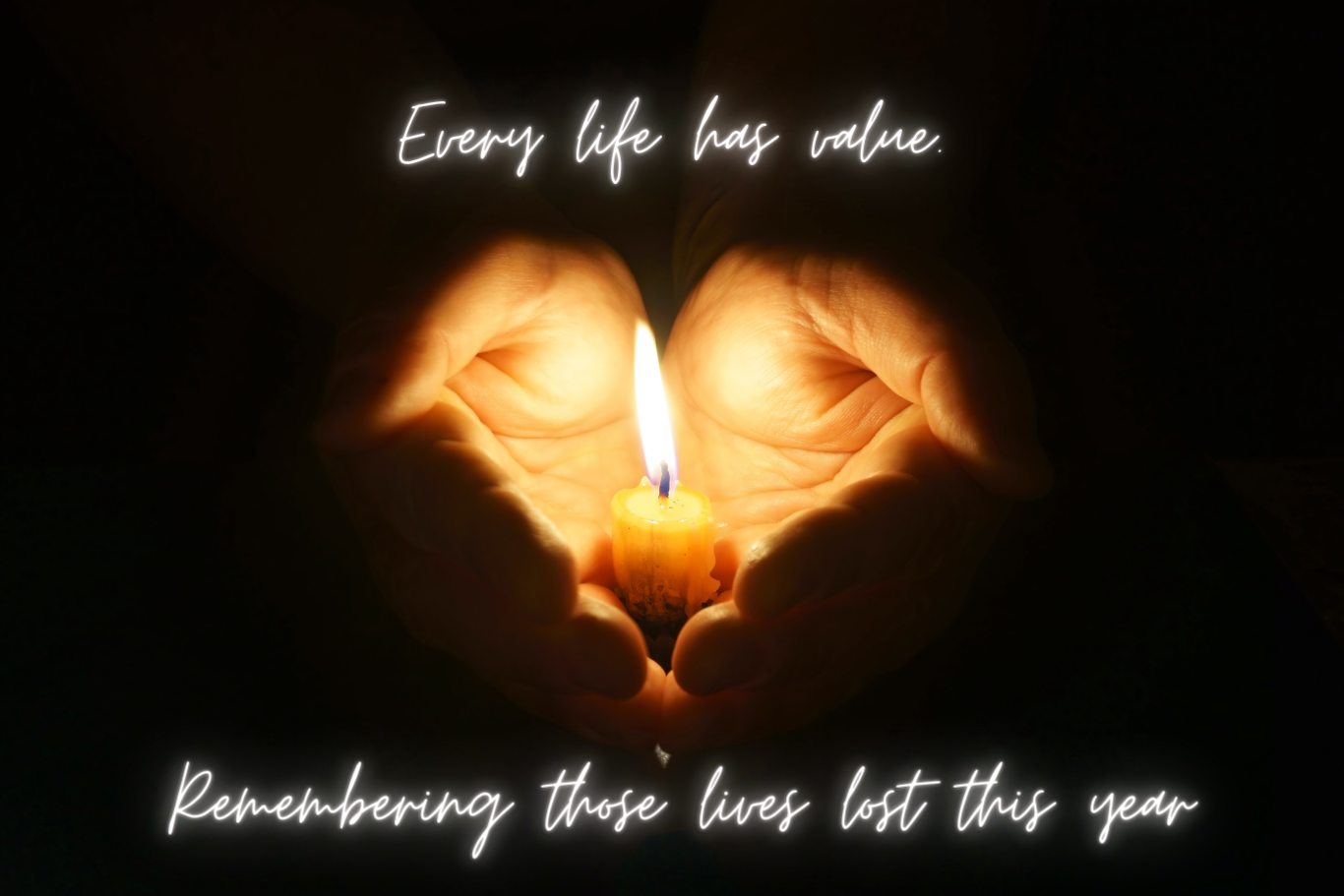In her role as Director of the Department of Health and Human Services for the County of Marin, Benita McLarin works closely with Ritter Center in serving the underserved. As a female leader of color, her amazing life story has always stemmed from an unwavering commitment to serving the most vulnerable.
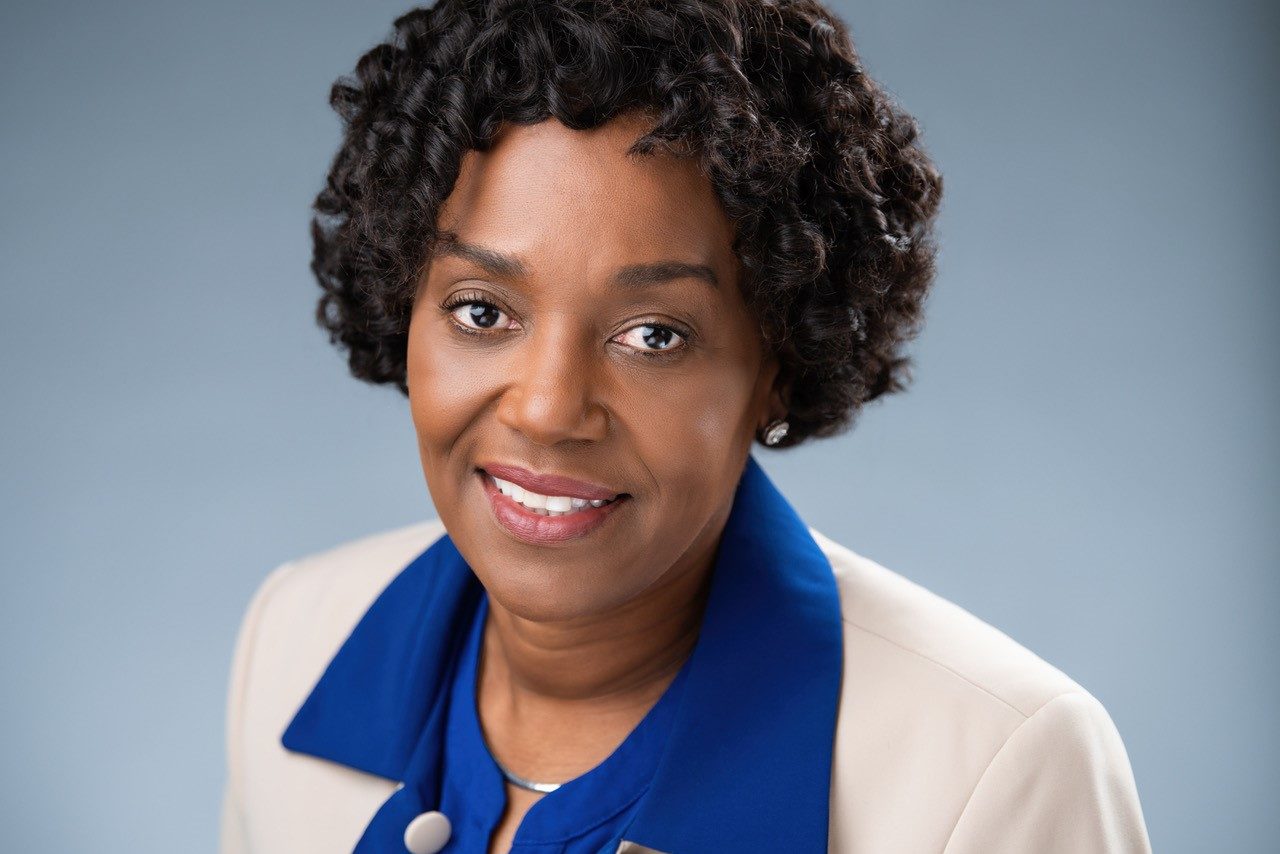
Serving the most vulnerable has long been Benita McLarin’s passion.
Benita McLarin, FACHE, is the Director of the Department of Health and Human Services for the County of Marin.
“Why is it important to choose careers in public service?” poses Benita McLarin. “This is an important question as we see the devastating impacts of COVID. Serving the most vulnerable has long been my passion, and I believe that serving the underserved is everyone’s responsibility. Perhaps this interest was sparked by my own upbringing in the South. I grew up in a single-parent home. My mother already knew loss, raised by her grandparents in her formative years and later reunited with her mother. Mom was extremely smart. Her teachers encouraged her to go to college, which was unusual at that point in history for a Black woman. She enjoyed her college years but she met my father, married, and never achieved her goal of finishing college.
“It was hard for a divorced woman with five children and we grew up poor. In fact, I don’t remember ever going for a routine doctor or dentist visit until I joined the Army. Mom always saw college as the way out of poverty, but it was expensive. My aunt saw an ad for the National Guard in the newspaper. I joined the Army Reserve the summer before my senior year of high school. The money I earned enabled me to buy a high school class ring, cap, and gown and ensure that I had regular income during college. Some in my very traditional family thought that the Army was a ‘man’s job’ but Mom was excited and proud and told me that I was living her dream of travel, strength, and independence as a woman,” remembers Benita.
Benita received a partial scholarship and attended college at Washington University in St. Louis. She joined ROTC for additional income so she could stay in school. Benita was commissioned as a second lieutenant and graduated with a degree in psychology. She then joined her mother and other family who had moved from Tennessee to Sacramento, California.
“The feeling at that time was that Black people can get ahead in California. It was said that it held more possibilities than in the South. When I arrived I must have applied for a 100 jobs, but I never got one. Still being in the Army Reserves, I decided to apply for Active Duty,” remembers Benita. “Mervyn’s department store was hiring department managers. Would you believe that Mervyn’s picked me out of 500 applicants to be 1 of 3 manager trainees? Just as my Mervyn’s training was completed, the military called me up for active duty. I had to make a decision. See California or see the world. I went with seeing the world.”
Benita had an amazing military career as a Medical Service Corps Officer that spanned from serving with the 47th Combat Support Hospital at Fort Lewis, Washington to her first taste of public health providing medical care in rural Honduras for people who didn’t have a way to get to town for a doctor to her last assignment as a Battalion Commander in the Republic of Korea. The Army enabled Benita to get her Master’s in Health Policy and Management at Harvard School of Public Health. Over time, her incredible career took her around the globe. After retiring from the military, Benita’s passion for public health brought her to a series of prominent jobs in health throughout the Bay Area.
“I faced a lot of challenges in those jobs because I am a woman of color. In some places the discrimination is so blatant, and in others it is covered up. It requires an extreme level of tenacity and persistence to persevere. My life story transformed into my unwavering commitment to serving underserved communities and individuals. It is service to country, service to community and service to people around me that compels me. Leaving a positive legacy is most important to me as a woman of color,” emphasizes Benita.
“One of the ways I show my commitment to helping people of color, especially women, is through mentorship. I have approximately 25 mentees. Through mentoring, I can enable the next generation to progress even further. As the people I have mentored move up in their careers helping others, I am grateful I was a part of helping them find that extra opportunity where they can shine. Imagine where we might be as a society if we all change the world one moment at a time, and one person at a time,” passionately describes Benita.
As a board member of the Bay-Area iMentor program, Benita is part of the organizational mission that every student in the junior year of high school in an underserved community has a mentor. It is a contractual requirement.
“Mentoring takes effort, but it is so worth it. For example, our program is mainly online and my mentee wouldn’t respond to my emails, but the secret turned out to be getting connected to her grandmother. That student who had trouble communicating ended up gaining a scholarship to Cal State East Bay and is now studying to be a financial planner. Her brothers and sisters are seeing her achieve her dream, and now they know that college is possible for them, too. It is this community-wide ripple that makes i-Mentor so groundbreaking. Women lead the way and want to change the world for the better. I am proud to be a part of that movement and societal change,” shares Benita.
